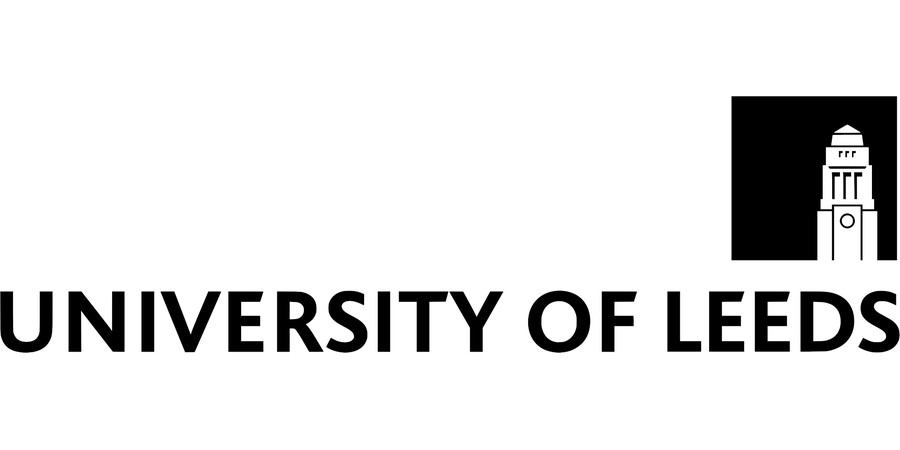Research Fellow in Advanced Characterisation of Metal - Organic Framework Composites
University of Leeds - Faculty of Engineering & Physical Sciences - School of Chemical & Process Engineering
| Location: | Leeds |
|---|---|
| Salary: | £39,355 to £46,735 per annum (Grade 7) |
| Hours: | Full Time |
| Contract Type: | Fixed-Term/Contract |
| Placed On: | 1st April 2025 |
|---|---|
| Closes: | 28th April 2025 |
| Job Ref: | EPSPE1123 |
- Location: Leeds - Main Campus
- Working time: 37.5 hours per week
- Contract type: Fixed term (3 years - To complete specific time limited work)
Are you interested in the microscopic structure of composites and membrane materials? Would you like to develop new electron microscopy or focused ion beam microscopy approaches for spatially resolved analysis of metal–organic frameworks? Are you interested in host–guest interactions in membranes?
Metal–organic framework (MOF) materials in both crystalline and glass forms exhibit exceptional characteristics needed for membrane applications from energy-efficient chemical separations to proton and ion conducting membranes for fuel cells and batteries. Composite formation is often required for these membrane applications as crystalline powders do not have the necessary form factor. The interface between filler and matrix materials then becomes a defining feature in determining performance. Yet the structural variation across such internal interfaces remains a key characterisation challenge. These materials require advances in microscopic analysis of multiple amorphous phases as well as strained interfaces. The addition of molecular guests, whether in the form of chemicals involved in a separation or ions, water, or other solvent molecules in membranes, further alters the structure and functional properties. Critically, these changes are heterogeneous, depending on the guest loading or state of hydration (as in polymer membrane swelling).
In this post, you will explore the changes in structure at interfaces in MOF-based membranes using advanced electron microscopy and focused ion beam microscopy methods. You will work to apply electron pair distribution function analyses to questions in host–guest interactions in crystalline and glassy MOFs and polymer-MOF composites, drawing on cryogenic microscopy techniques needed to freeze molecular guests within these porous solids. You will use microscopy facilities at the Leeds Electron Microscopy and Spectroscopy Centre (LEMAS) as well as national and international facilities for microscopy and structural characterisation. You will join a wider team in advanced electron microscopy at Leeds and the Bragg Centre for Materials Research as well as a network of academic and industrial collaborators in the UK and internationally.
This role will be based at the university of Leeds campus and there is scope for it to be undertaken in a hybrid manner. We are open to discussing flexible working arrangements.
To explore the post further or for any queries you may have, please contact:
Dr Sean Collins, University Academic Fellow
Tel: +44 (0)113 343 2798
Email: S.M.Collins@leeds.ac.uk
Please note that this post may be suitable for sponsorship under the Skilled Worker visa route but first-time applicants might need to qualify for salary concessions. For more information, please visit the Government’s Skilled Worker visa page.
For research and academic posts, we will consider eligibility under the Global Talent visa. For more information, please visit the Government’s page, Apply for the Global Talent visa.
Advert information
Type / Role:
Subject Area(s):
Location(s):









